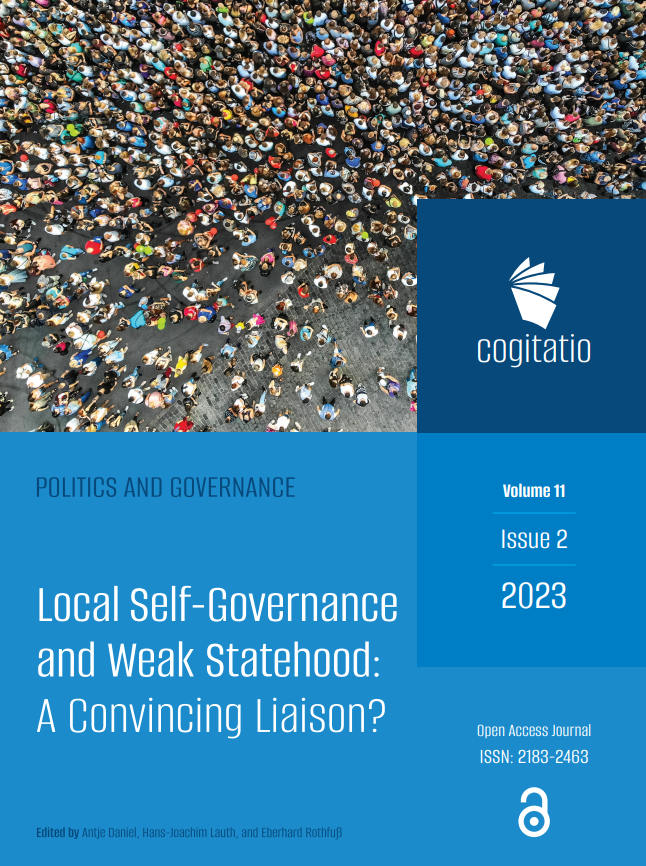Housing as a Battlefield Between Self‐Organisation and Resistance
The Case of Reclaim the City

This paper discusses the role of cities as sites of transformation and innovation, with a particular focus on the challenges posed by gentrification. It highlights the movement called "Reclaim the City," which has emerged as a local response to the inadequate housing crisis and spatial segregation in Cape Town. Gentrification exacerbates the housing crisis and disproportionately affects marginalised groups, such as black and coloured individuals, who face eviction.
The paper presents findings from a qualitative study that examines the shortcomings of city authorities in addressing housing issues and explores the complex relationship between Reclaim the City and the city itself. This relationship is not simply characterised by conflict but also involves elements of resistance and complementarity. Reclaim the City fills the gaps left by the city authorities, providing what they are unable to offer in terms of self-organised occupation.
The response of the city authorities is ambivalent, simultaneously welcoming self-organisation while attempting to exert control and delegitimise the occupation by criminalising its occupants. Consequently, the relationship between Reclaim the City and the city reveals that self-organisation does not always result in new interfaces between the state and social movements, as often discussed in the context of new municipalism. Instead, housing becomes a contested terrain where the city and Reclaim the City negotiate mutual acceptance and legitimation, with uncertain outcomes.
Abstract based directly on source.


Comments